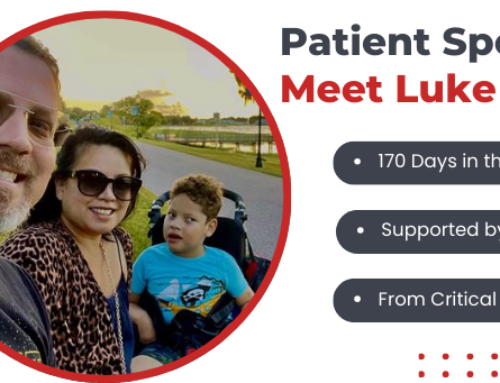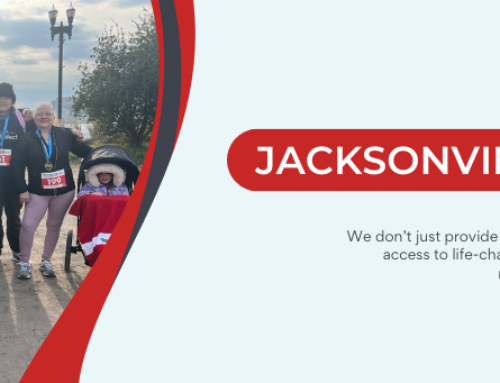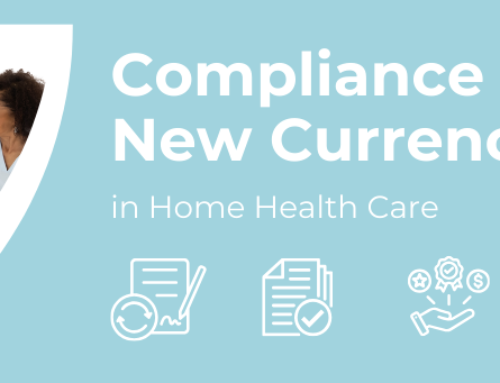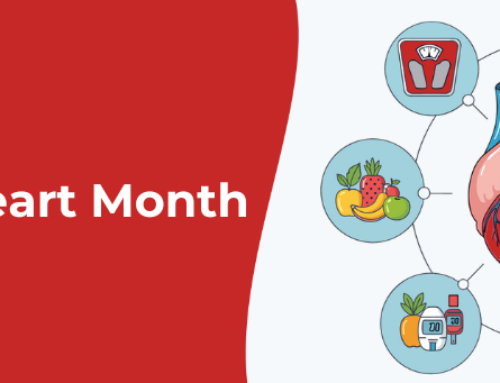
Newborn Screening Awareness Month: Why It Matters
Every September its Newborn Screening Awareness Month, organizations and public health partners spotlight newborn screening to help new and expecting parents understand what to expect, and what to do next.
Newborn screening is a public-health system, not just a test. It identifies conditions that can affect a child’s long-term health or survival, and connects families to timely intervention so children can reach their full potential.
The three parts of newborn screening
Most babies receive their screening within 24-48 hours after birth, and every step plays a crucial role in safeguarding their health.
- Blood spot screening (heel prick)Collected between 24–48 hours after birth; a few drops on a card are sent to a state lab to check for rare but treatable conditions. Results typically return in 5–7 days.
- Hearing screeningQuick, painless checks (AABR and/or OAE). All babies should have a hearing screen by 1 month of age; early identification drives better language outcomes.
- CCHD Screening (Pulse Oximetry)Measures oxygen saturation to catch serious heart defects before going home; national recommendations and algorithms continue to be refined.
What an “out-of-range” (positive) result means
A positive or “out-of-range” result is not a diagnosis. It means confirmatory testing is needed. Here’s what happens next:
- Your pediatric care team and the state follow-up program coordinate next steps, often urgently for time-critical conditions.
- Families may be contacted for additional blood work, specialty appointments, and early supports (nutrition, respiratory, therapy) while testing proceeds.
- Each action is key to preventing complications and supporting the child’s healthy development.
Expert Tip: If your baby receives a diagnosis after newborn screen (NBS), there are resources and organizations to help families. Team Select offers full support and guidance, so families and parents of medically fragile children don’t feel like they are navigating this alone.
From hospital to home: How Team Select Helps
At Team Select, we work closely with NICUs, specialty clinics, and newborn-screening follow-up teams across our footprint to ensure a safe, supported transition home when a baby needs ongoing care. Our pediatric programs may include:
- RN-led care plans and family teaching (equipment set-up, daily routines, what changes to report).
- Private Duty Nursing (PDN) and in-home support for medically complex infants where clinically appropriate and ordered. (PDN is a federally recognized service category.)
- Care coordination with pediatricians, cardiology/metabolic/genetic clinics, and Early Intervention.
- Condition-specific education (e.g., feeding support for CF, respiratory monitoring in CCHD, care planning for SMA) aligned with specialist guidance.
The national picture (and why timing matters)
The Recommended Uniform Screening Panel (RUSP) guides which conditions states screen for; programs continually evaluate additions based on evidence. As of 2025, all U.S. programs screen for at least 31 of the 37 core RUSP conditions, with some states screening for more.
Timely collection, transport, testing, and rapid follow-up are essential to prevent complications, and are a formal quality goal for newborn screening systems.
For Our Hospital and Clinic Partners
We work alongside providers by integrating with established hospital and state protocols:
- Warm handoffs: We collaborate with discharge planners, NICUs, cardiology/metabolic clinics, and interdisciplinary care teams to align care plans and family education before discharge.
- Seamless starts at home: We fast-track the start of services, support families with setting up equipment and supplies, and offer a direct line for questions.
- Shared documentation: We align with state follow-up timelines and coordinate care with specialists orders to minimize delays and eliminate duplicate work
- Payor coordination: We work with state payors such as DDD and partner with insurance payors to secure authorizations, reducing delays in care.
Parent FAQs
When will we get results?
Most blood-spot results arrive within a week; you’ll be contacted immediately if follow-up is needed. Hearing and CCHD screens often happen before discharge.
What if the result is “positive”?
It means your baby needs confirmatory testing right away, not that they definitely have the condition. Your provider and the state program will guide you; we coordinate home supports as needed.
Which conditions are included?
States follow the RUSP as a guideline and may add others. Ask your hospital which panel your state uses.
Ready when you are
Whether you’re a parent with questions or a clinician planning discharge – Team Select is here to help families bring medically complex infants safely home to loving care.
Families: Contact us to learn about pediatric home care and PDN options in your area.
Clinicians: Refer a newborn or request a discharge coordination consult.





Leave A Comment